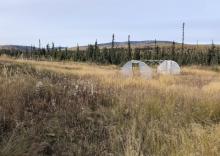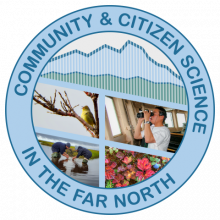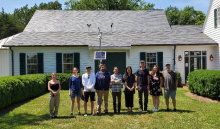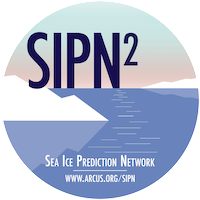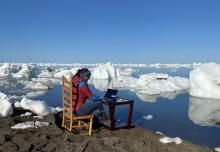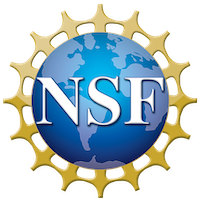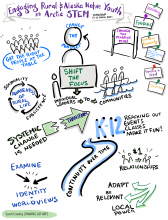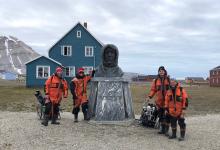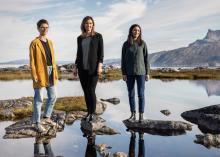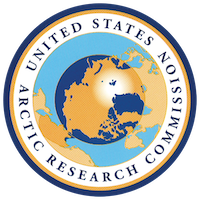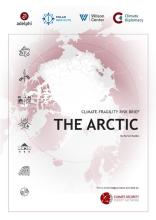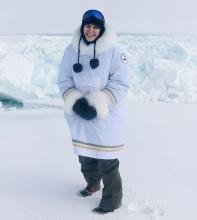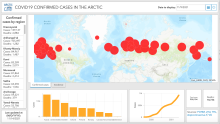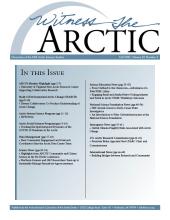Science News
ARCUS Member Highlight
Arctic System Science Program
National Science Foundation News
Science Education News
International News
U.S. Arctic Research Commission
Study of Environmental Arctic Change (SEARCH)
Interagency News
Data Management
Arctic Social Sciences Program
About
Witness the Arctic provides information on current Arctic research efforts and findings, significant research initiatives, national policy affecting Arctic research, international activities, and profiles of institutions with major Arctic research efforts. Witness serves an audience of Arctic scientists, educators, agency personnel, and policy makers. Witness was published biannually in hardcopy from 1995-2008 (archives are available below); starting in early 2009 the issues have been published online. Witness has over 8,700 subscribers.
Download
Archives
With the Spring 2009 issue, ARCUS changed the format of Witness the Arctic. To provide more frequent updates and reduce printing and mailing costs and associated environmental impacts, the newsletter is now distributed online in three or four shorter issues per year, depending on newsworthy events.
Search
Contact
If you have a question or an idea for a Witness article, contact Betsy Turner-Bogren at betsy@arcus.org.
Witness Community Highlights
Witness Community Highlights is an online publication launched in May 2017 to complement the regular publications of Witness the Arctic. It was developed in response to community feedback identifying the need for a monthly publication to highlight 1–2 Arctic research efforts and other timely items of interest to our readers. Community Highlights is distributed monthly via our Witness the Arctic mailing list of over 8,700 subscribers.

- Arctic Research Consortium of the United States
- 3535 College Road
- Suite 101
- Fairbanks, AK 99709 USA
- Phone: 907-474-1600
- Fax: 907-474-1604
- info [at] arcus.org
- www.arcus.org
Executive Director: Helen Wiggins
Editors: Betsy Turner-Bogren and Lisa Sheffield Guy
Contributors: A. E. Copenhaver, H. Epstein, G. Gannon, M. Goldner, N. Haycock-Chavez, B. M. Jones, M. Jull, M. Kanevskiy, B. P. Kelly, G. W. Kling, M. Maddox, A. N. Petro, A. Pope, C. Rosa, D. Russell, J. Russell, T. Schwoerer, A-S. Skjerveda, I. Sutton, A. Taylor, B. Turner-Bogren, J. Warburton, M. K. Ward Jones
Witness the Arctic is published by the Arctic Research Consortium of the U.S. (ARCUS), a nonprofit organization that advances Arctic research and education. Witness the Arctic is funded through a Cooperative Agreement with the National Science Foundation (OPP-1927894). Any opinions, findings, conclusions, or recommendations expressed in this publication do not necessarily reflect the views of NSF.


